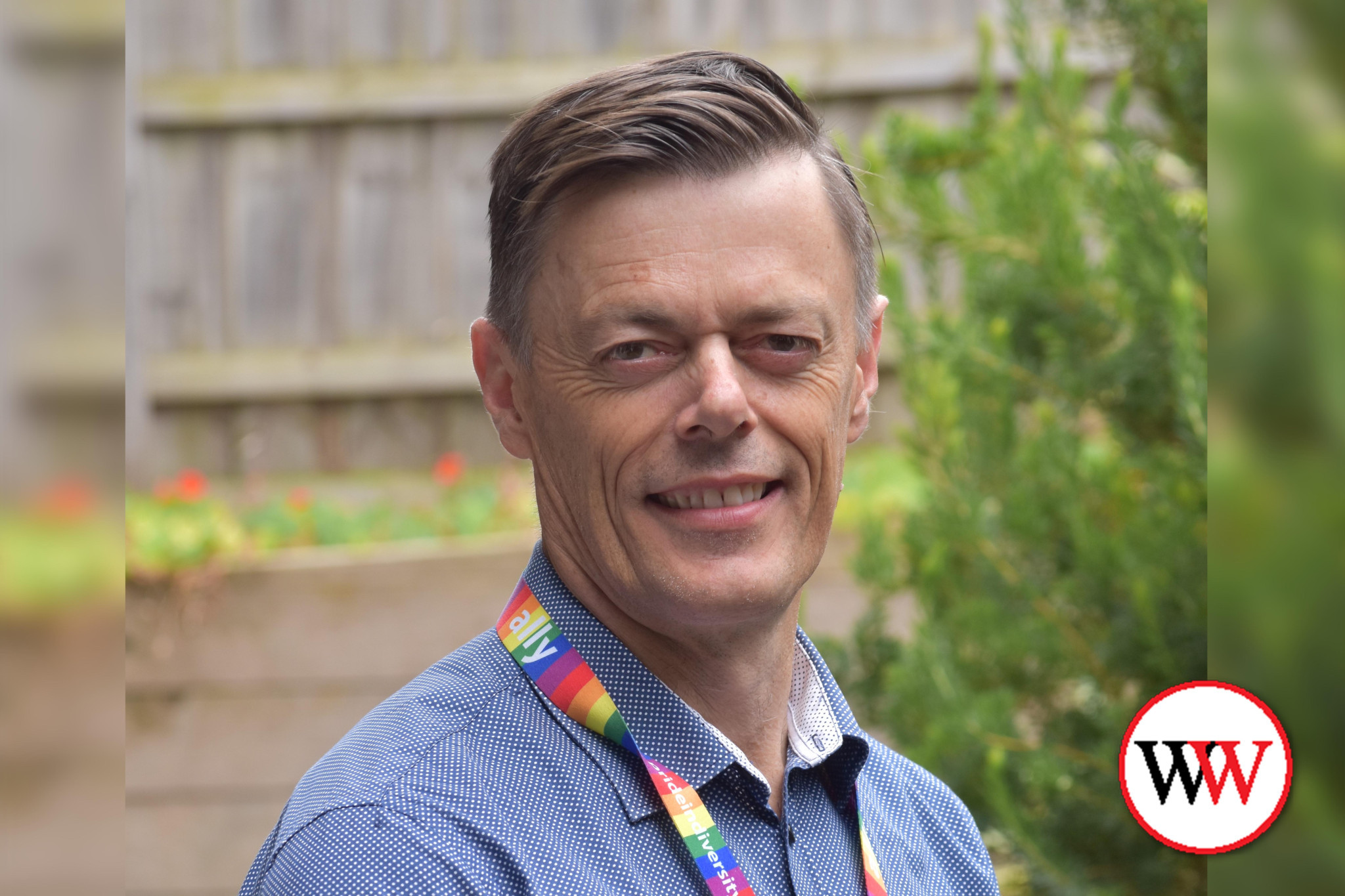Community
29 August, 2025
Overdose deaths prompt call for more support
A NEW report showed a record number of Victorians died from overdoses in 2024, including six in Warrnambool, prompting WRAD Health to call for more support and open conversations about the issue.

The report from the Coroners Court of Victoria showed overdose deaths reached their highest level in 2024, with 584 Victorians dying, including one-in-four in regional communities.
The report also showed most deaths involved more than one drug and that deaths involving methamphetamine were rising sharply.
The six lives lost in Warrnambool were the highest recorded in the past decade.
WRAD Health chief executive officer Mark Powell said overdose deaths were preventable if there was sufficient investment in treatment, harm reduction and support for families.
“These aren’t just numbers, they are people from our towns, our families, our workplaces,” he said.
There were no overdose deaths in Moyne or Glenelg, three in Southern Grampians and Colac-Otway, and one in Corangamite.
In the lead up to International Overdose Awareness Day on August 31, Mr Powell called on south-west Victoria to start more open conversations about substance use.
“Talking about overdose reduces stigma,” he said.
“It lets people know that help is available – for both individuals and the families who worry about them. We need to replace silence with support.”
WRAD Health has implemented a number of strategies to help address the need for access, care and treatment for people with substance use issues.
This includes providing an outreach pharmacotherapy program across the Great South Coast region to provide life-saving harm reduction support to those dependent on prescribed or illicit opioids.
WRAD Health also provides AOD counsellors into the regions to reduce the challenges of transport.
Through partnerships with South West Health Mental Health and Wellbeing services, WRAD Health has enhanced services to people with co-occurring mental health conditions and through a partnership with MIND Australia delivers an integrated mental illness and substance use treatment program called Step Thru Care.
Without funding support, WRAD Health has introduced an early engagement worker role for immediate face-to-face responses for people concerned about their or their loved one’s substance use.
“We are proud of the work we do at WRAD Health but know there is more that can be done,” Mr Powell said.
“We want to see more treatment options closer to home, including rehab, withdrawal and counselling, expanded outreach services for adults and youth, funding for local intake and engagement workers, expanded harm reduction services through lived experience workforce and support for families.”
Mr Powell added that a residential rehabilitation program remained an important need to help break the cycle of addiction in the region.
